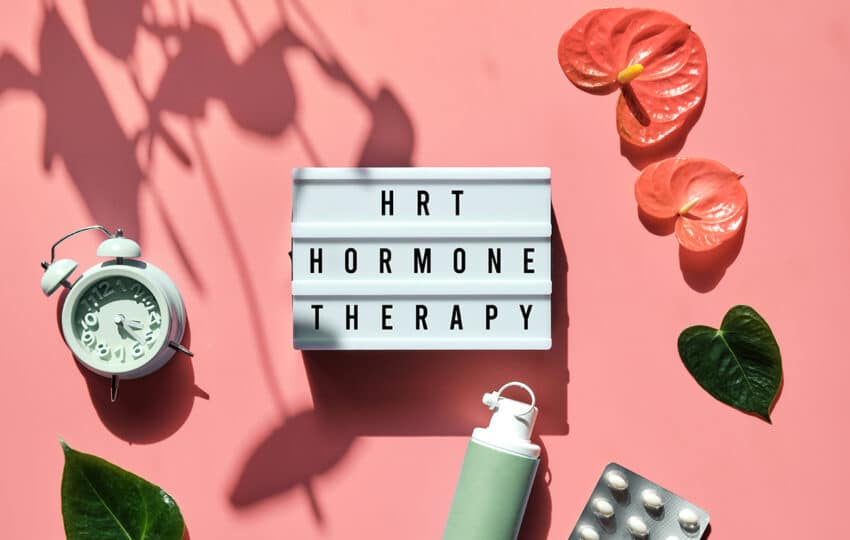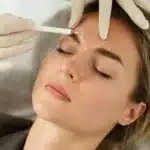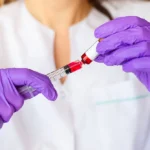As a female GP of a certain age, I am regularly asked by friends, family, and patients, “What is the best HRT to go on?”
So, let’s try to simplify the types of HRT out there and why a ‘one size fits all’ approach just doesn’t work for most women.
During perimenopause and menopause, the levels of our female hormones (oestrogen and progesterone) and brain hormones (FSH and LH) fluctuate, telling our body to make more female hormones. We cannot predict how our bodies will react to these changes, and this is why some women sail through this period, and others hit rock bottom!
Hormone replacement therapy (HRT) tries to stabilise these fluctuations by supplying a steady level of hormone, which in turn settles the symptoms. The trick is finding an HRT preparation that suits you individually. If the first or second type that you try doesn’t suit you, don’t give up!
Oestrogen and Progesterone
Oestrogen is the ‘good stuff’ that eases the menopausal symptoms, and all HRT preparations contain this, whether it is in a gel, a tablet, a spray or a patch.
Progesterone is an essential component in HRT for all women with a womb. Oestrogen, on its own, can thicken the lining of the womb and increase the risk of developing endometrial cancer. Progesterone comes as tablets that can be used with the oestrogen gel, patch, and spray and as combined tablets and patches that contain both hormones.
If you have had a hysterectomy, you will be offered oestrogen-only HRT, and all that is needed is finding the correct dose for you. This comes in pills, patches, gels and sprays.
Cyclical or continuous HRT?
If your last period was less than 12 months ago, you will be offered cyclical HRT to mimic your body’s ‘cycle’. These regimes have differing doses of oestrogen and progesterone. This HRT can also lead to a regular period in some women. After 1-2 years, this will be changed to a continuous HRT. This may be changed sooner in some women with problematic bleeding.
I think I will stop there, or I am at risk of information overload! At RevitaMed, I offer a specific menopause appointment that includes blood tests, a 45-minute appointment, and a follow-up. The aim is to help answer all your concerns (that can be hard in a traditional 10-minute GP appointment) and find the HRT (or alternative) that suits you best!
Book Appointment
If you would like to book in for a GP consultation or a menopause health check (including blood tests) please contact the clinic for more information or visit our booking page to book an appointment.






